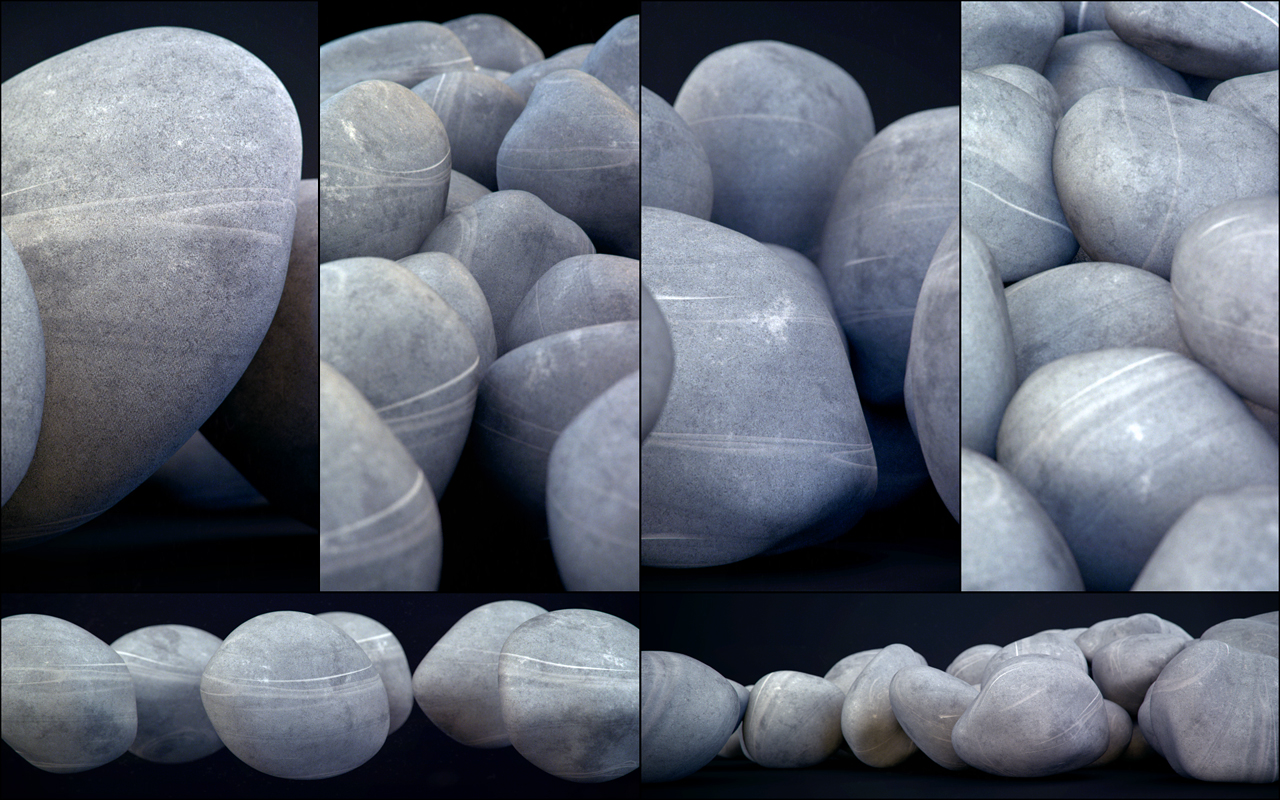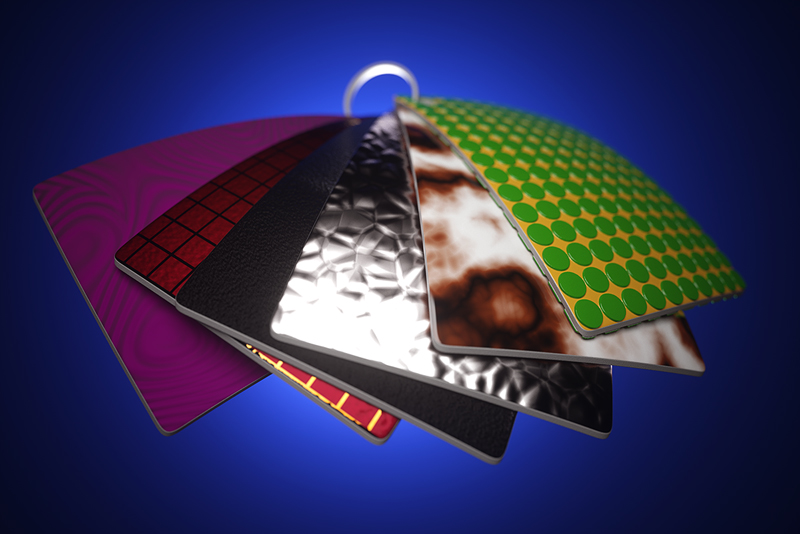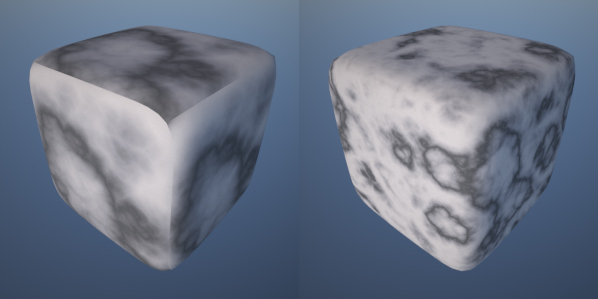Procedural Textures
Maxwell includes a collection of Procedural Textures that can be used alone or in combination with other bitmap or procedural textures to produce interesting effects. Being mathematical fractals, they are 100% seamless, customizable and cross-platform. And because they are not based on a fixed pixel resolution like bitmap textures, you can zoom in as far as you want without seeing pixellized textures. Several procedural textures can also be blended together in the procedurals stack to create more complex looking textures.
Image created entirely with Maxwell procedural textures, courtesy of Toni Fresnedo (www.tonifresnedo.com)
Availability in Maxwell Studio and Plug-ins
The procedurals are accessed via the Texture Picker in Maxwell Studio, and in the plug-ins they are available only through MXED for now.
Some examples of Procedural Textures in Maxwell
Mapping procedural textures to an object
With the Noise, Voronoi, Marble procedural textures, there are two ways to map the texture to the object:
- Texture coordinates: This is the same method as used for bitmap textures. It relies on the object having a UV set and will map the texture according to those UVs.
- World coordinates: This method uses instead world coordinates of the scene and does not rely on any UV sets. It is the method most suited for procedural textures because the texture will map seamlessly across the object, no matter its shape or inherent UVs.
The marble procedural applied to the default cube in Studio. Left shows the texture coordinates mapping option, right the world coordinates mapping option. The left cube shows seams because the procedural texture is mapped using the cubic UV mapping of the cube. The right cube shows no seams and the texture flows naturally across the object.
Procedural Textures available in V3
| Procedural name | What it does | |
|---|---|---|
| Brick | Creates a highly customizable brick/tile structure, with random distribution of textures | |
| Checker | Creates a chess pattern useful as a layer mask | |
| Circle | Plots a procedural circle defined by the user | |
| Gradient | Creates a two-color gradient transition, independent to both U and V directions | |
| Gradient 3 | Creates a three-color gradient transition, independent to both U and V directions | |
| Grid | Creates a grid pattern useful as a layer mask | |
| Marble | Simulates a customizable marble texture Can also be mapped using World Coordinates (see above) | |
| Noise | Creates a noise seamless patter, usable as a layer mask, usually to dirty up materials Can also be mapped using World Coordinates (see above). | |
| Voronoi | Creates a Voronoi pattern, useful to simulate cracks or cells Can also be mapped using World Coordinates (see above). | |
| Wireframe | Paints the wireframe structure of the object, useful as a layer mask |












